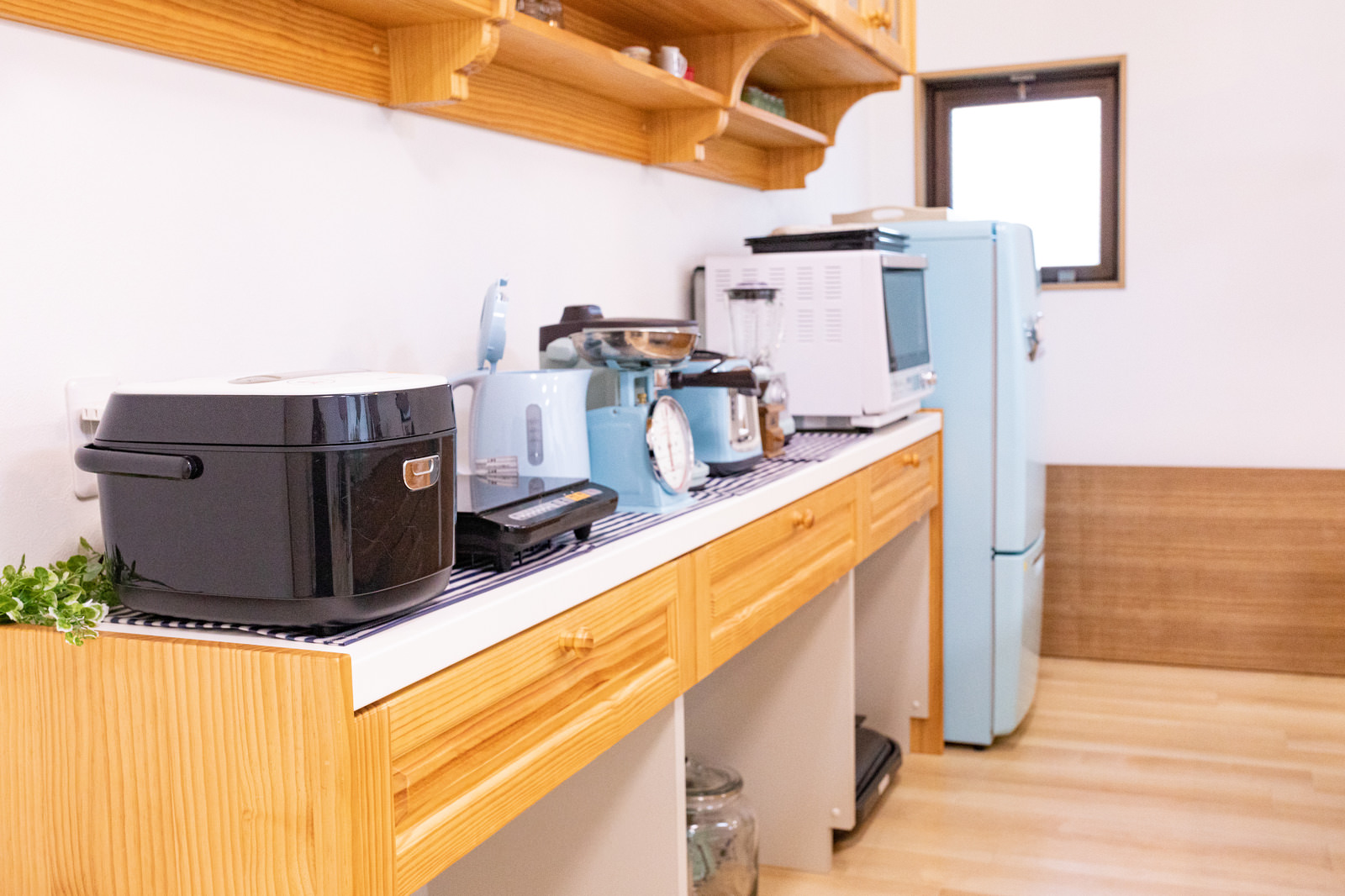Renting a property in Japan can be a complex. And sometimes confusing process for those who are unfamiliar with the local real estate market. However, with a little bit of knowledge and preparation, it is possible to navigate the process. And find a great rental property in Japan. In this blog post, we will explore what you need to know when renting a property in Japan.
Types of rental properties in Japan

In Japan, there are two main types of rental properties: apartments and houses. Apartments are more common in urban areas.While houses are more common in suburban and rural areas. There are also different types of apartments, such as mansion apartments and studio apartments.
Rental contracts in Japan

Rental contracts in Japan are typically for a period of two years.Although shorter or longer rental periods are also possible. When signing a rental contract in Japan, it is important to carefully read and understand the terms and conditions of the contract.Including the rent, security deposit, and other fees.
Key money and other fees

In addition to rent and security deposits, there are other fees associated with renting a property in Japan. One of these fees is key money, which is a non-refundable fee paid to the landlord at the start of the rental period. Other fees may include agent fees, insurance fees, and cleaning fees.
Furnished vs. unfurnished properties

In Japan, rental properties may be furnished or unfurnished. Furnished properties typically include basic furniture such as a bed, table, and chairs.While unfurnished properties do not. Furnished properties may be more convenient for those who are moving to Japan for a short period of time.While unfurnished properties may be more cost-effective for those who plan to stay in Japan for a longer period of time.
Moving in and out

When moving into a rental property in Japan, it is important to conduct a thorough inspection of the property.And document any pre-existing damage or issues. When moving out of a rental property, it is important to leave the property in good condition and to follow the procedures outlined in the rental contract.
Language barrier

For those who do not speak Japanese, the language barrier can be a significant challenge when renting a property in Japan. It may be helpful to enlist the assistance of a bilingual real estate agent or to use translation services to ensure that all communication is clear and understood.
Renting a property in Japan can be a rewarding and exciting experience. By understanding the local real estate market and the rental process, it is possible to find a great rental property that meets your needs and budget. With the right knowledge and preparation, you can enjoy all that Japan has to offer while living in a comfortable and convenient rental property.
By the way, if you are looking for one in Osaka, I can help, so please contact me.
